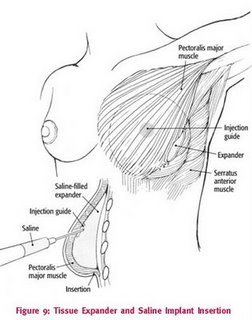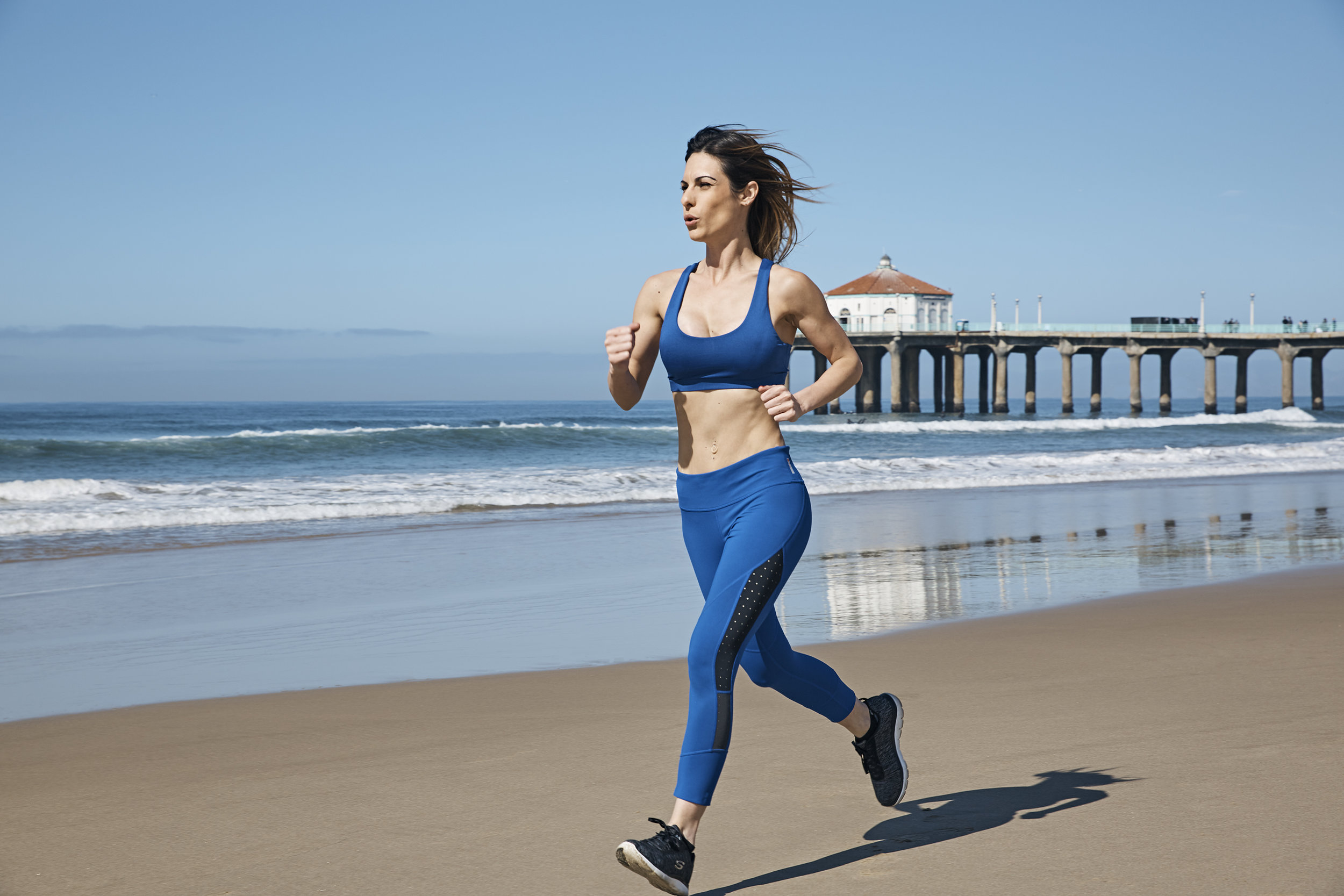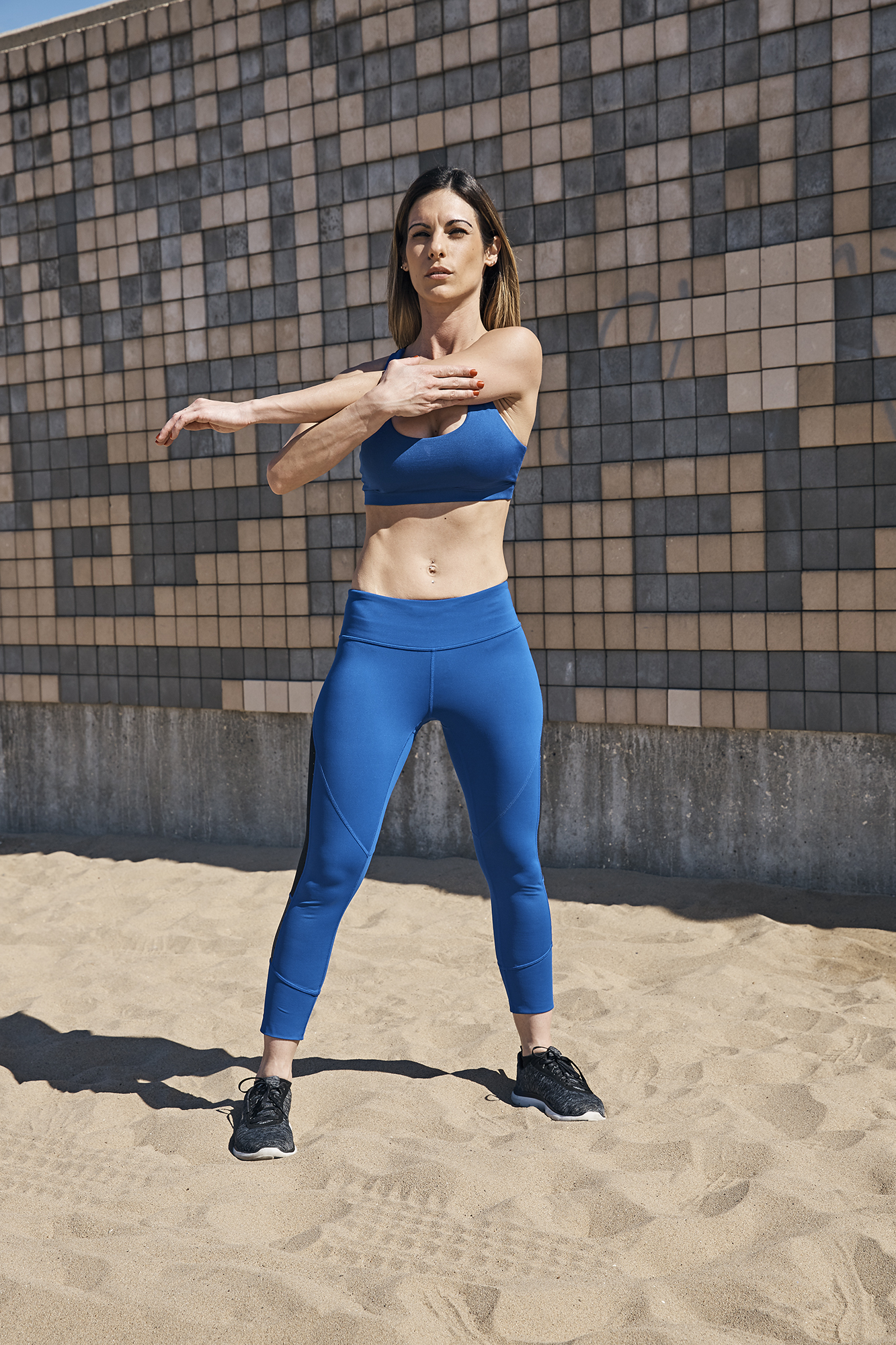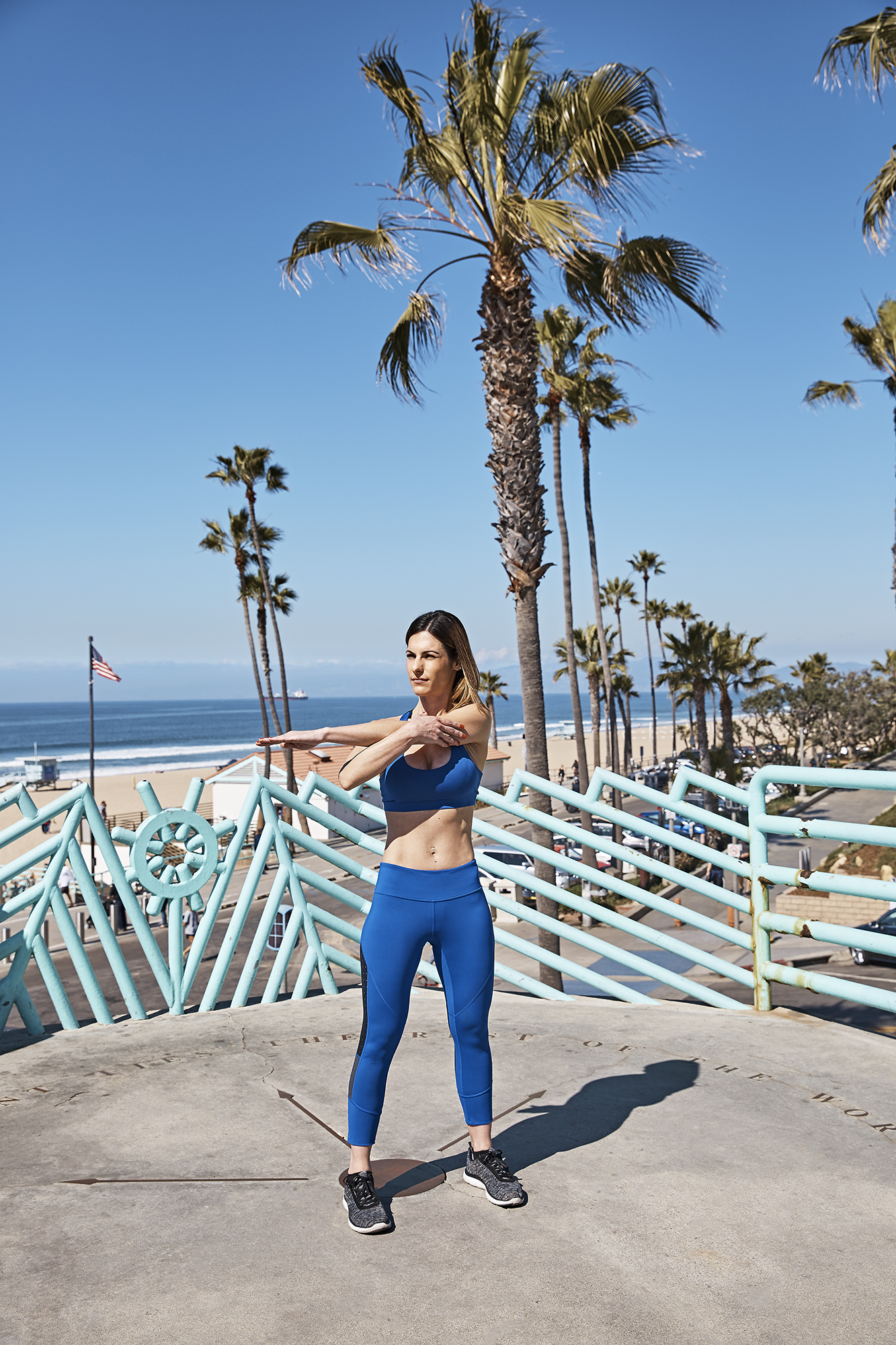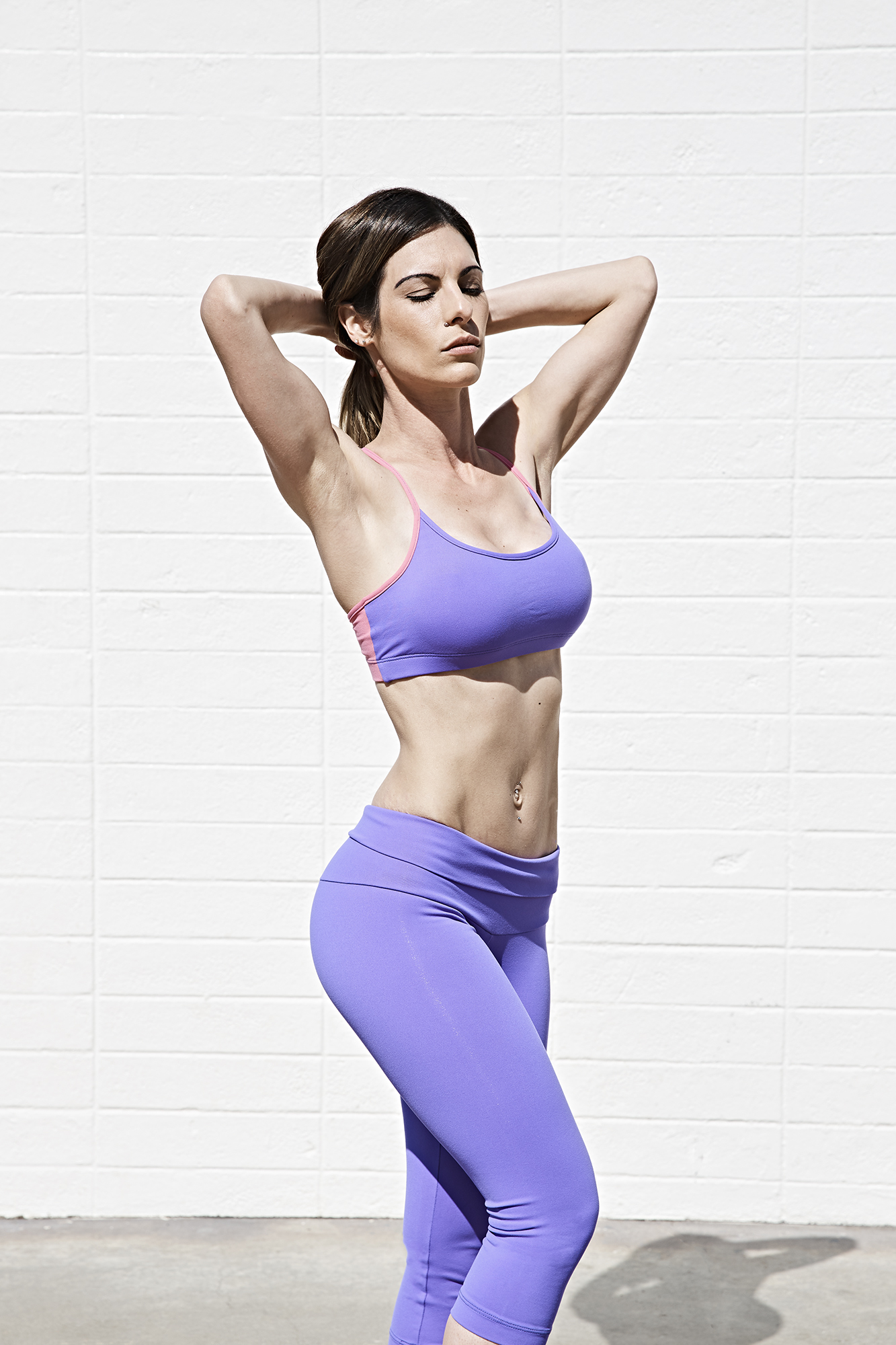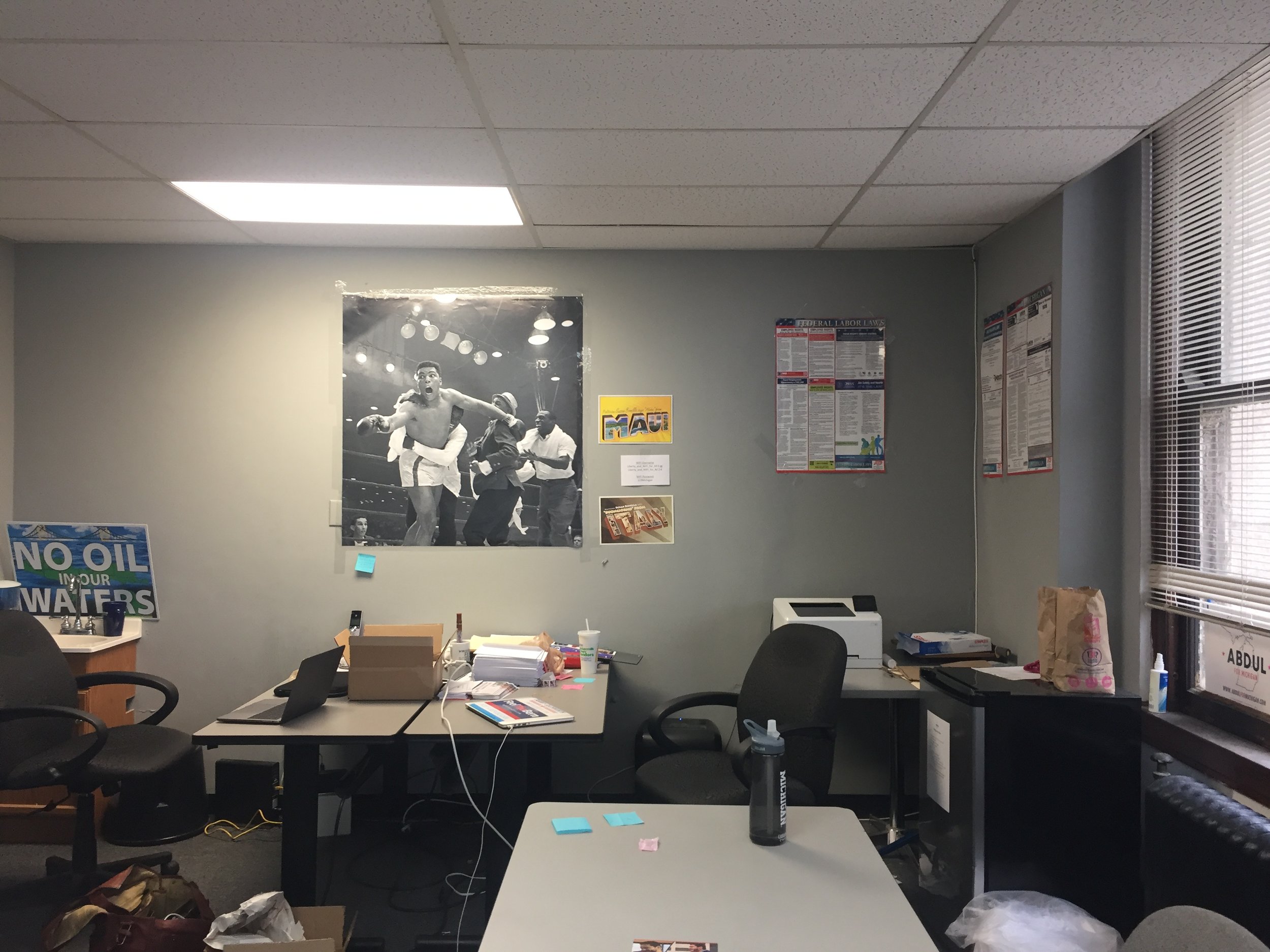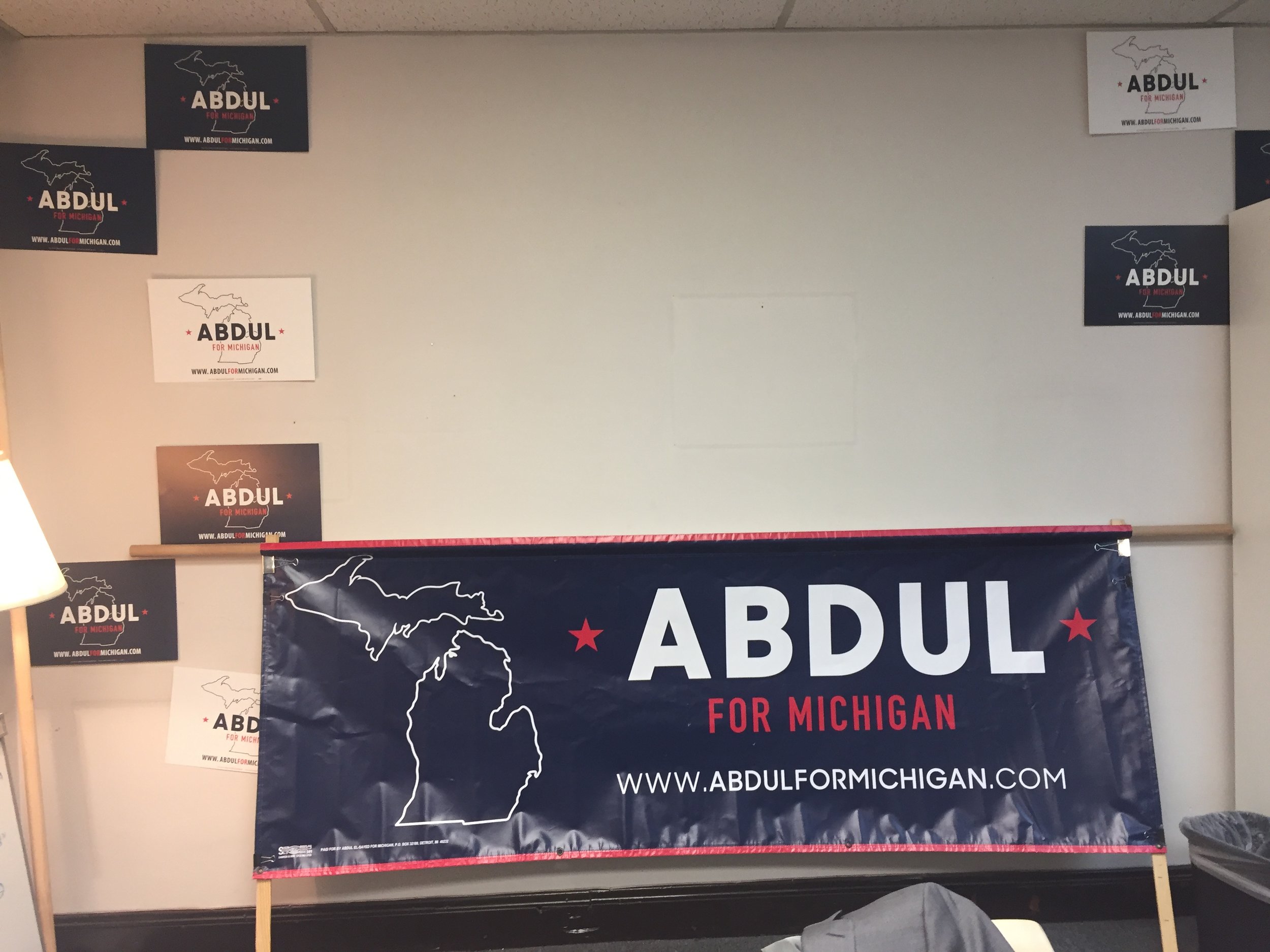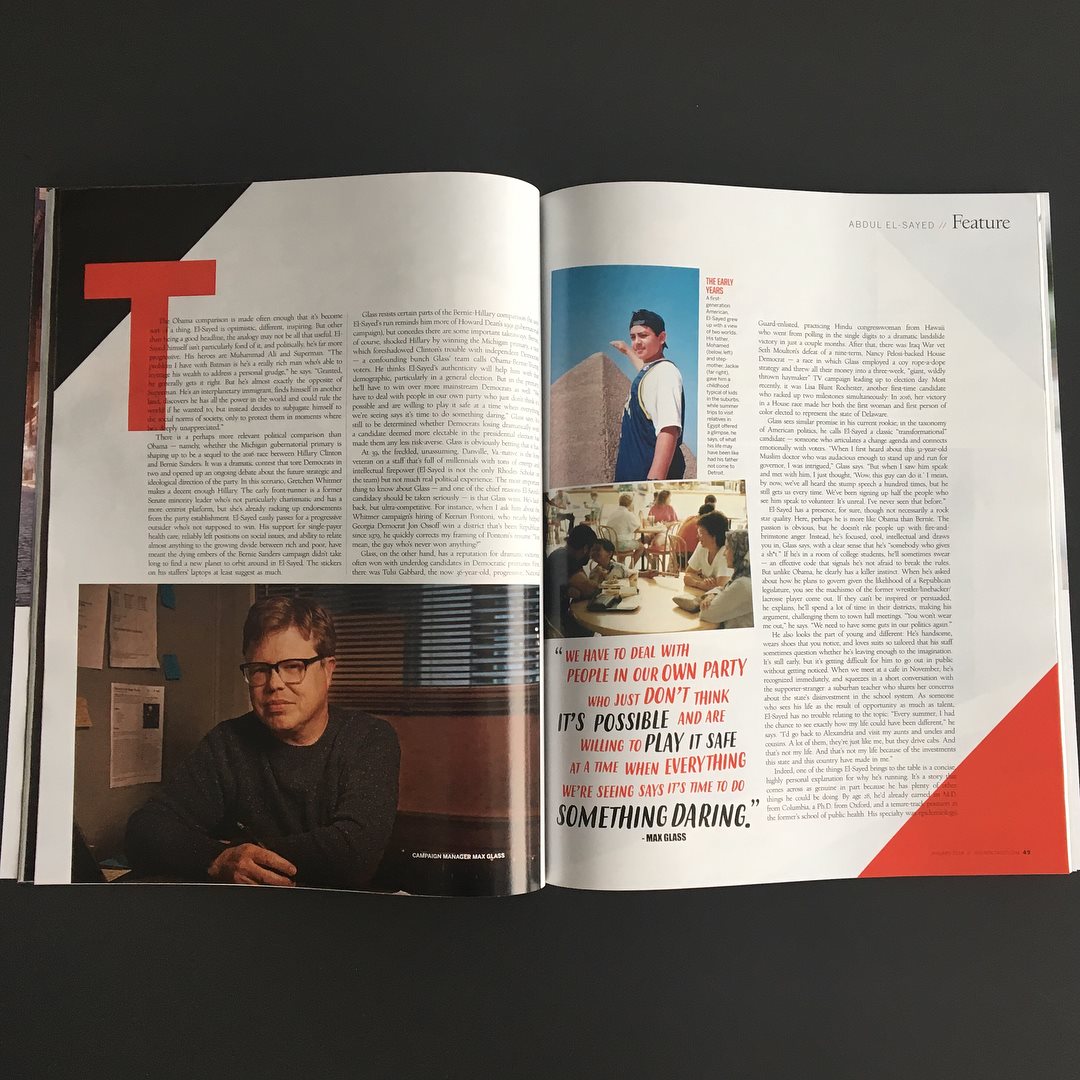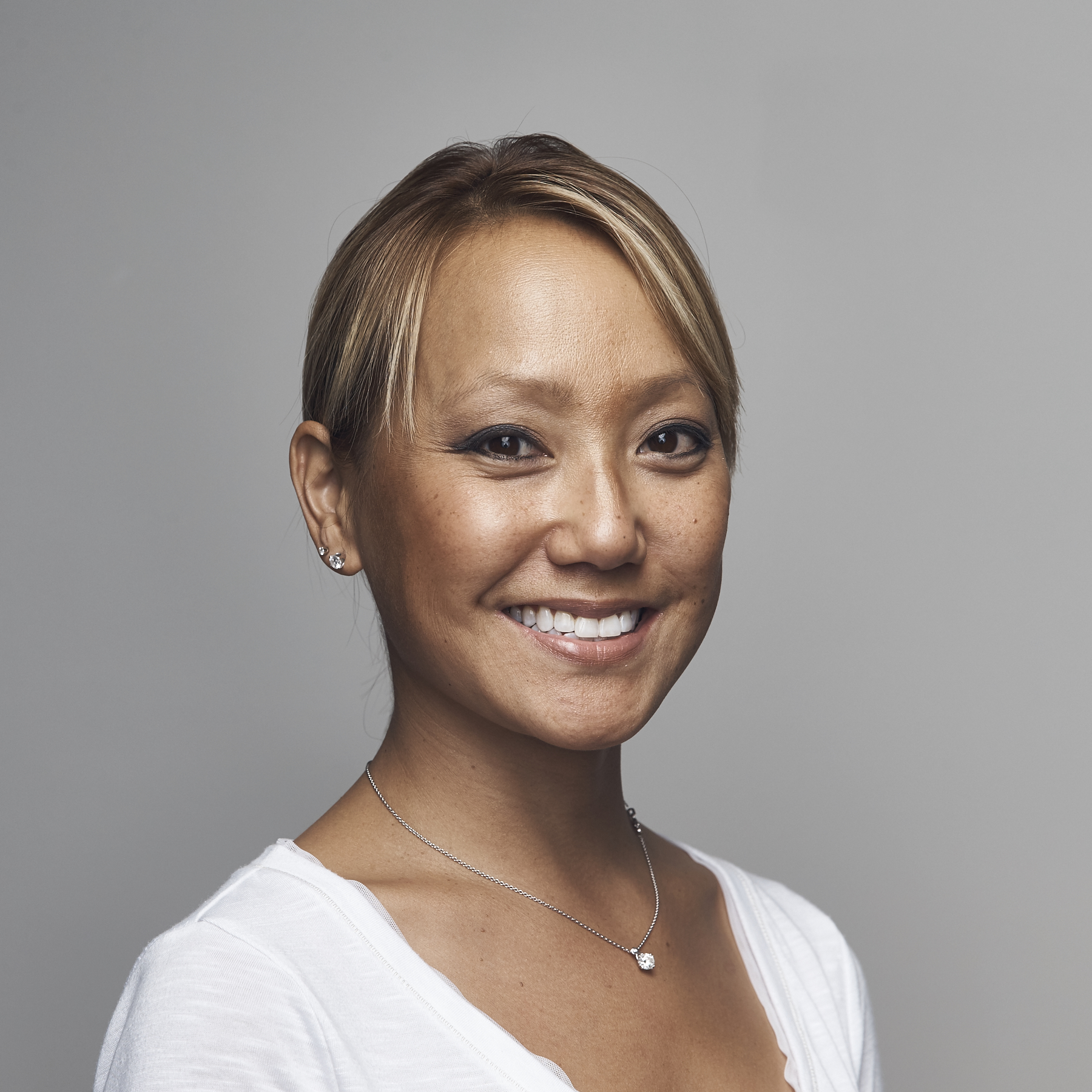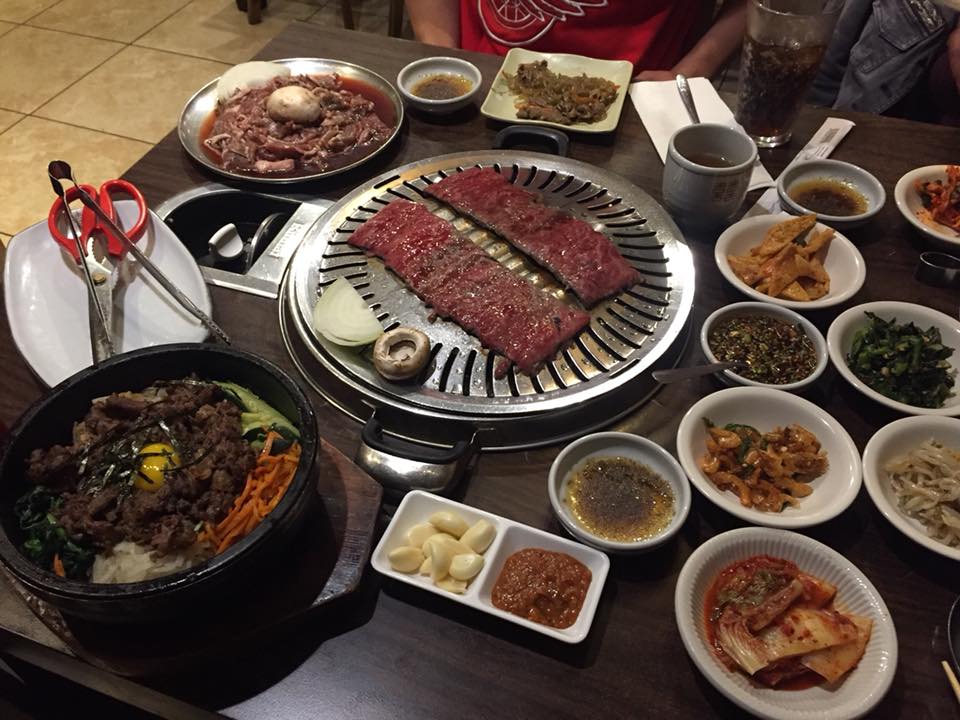Detroit Photo Assistant Workshop 2019
Read MoreVanesa Hansen - Young Breast Cancer Survivor
Last month I teamed up with Vanesa Hansen in Manhattan Beach, CA to shoot some fitness samples and share her story. At 26 years old she was diagnosed with breast cancer. I wanted to take some time to for her to share part of her story and some images we created.
I was a free spirit. Absolutely invincible. At age 26, I lived each day carelessly. Days passed, time passed, and I spent my time behind a desk and in the gym.
Unhappy with myself and not knowing how to appreciate true beauty I set out to get a consult for breast augmentation. The prior 2 1/2 years, I spent countless hours in the gym strength training. The gym was my sanctuary. I loved how it made me feel and look but had a different view of my chest once it started to dissipate.
I scheduled a plastic surgery breast consult to discuss the topic in detail. We reviewed and discussed everything you would want to know about breast augmentation. I was very intrigued by the idea and decided to go forth with the next step. Now to get a mammogram at age 26.
I decided to contact my obgyn who was kind enough to listen to my request and we submitted the request for a mammogram. Denial after denial, we submitted the same request for a mammogram about 4 times until finally we received an approval.
An abnormal mammogram (March 2016) turned into a biopsy (April 2016) which unveiled abnormal calcifications.
Then the diagnosis, Stage 0 Ductal Carcinoma In Situ (DCIS) of the left breast. (May 14 2015)
I had the option of a bilateral or unilateral mascetomy. Now chances of the cancer spreading to the right side were strong. August 27 2015 I had a full bilateral mastectomy w/ sentinel node biopsy and breast reconstruction with expanders.
Next, was the expansion process. My expansion process was roughly 2 months long, and 4 total visits with my plastic surgeon. where they used a big needle to inject the expanders (basically like a bag)which were placed immediately after the bilateral masectomy.
This is an outpatient appointment. Simply have a seat, change into a open lace smock, and they inject the huge saline-filled needle into the magnetized insertion point. Depending on the desired size more expansions may be necessary. You feel a sudden rush almost as if you'll faint. The expander fills from the saline injection and stretches the skin abruptly. Each expansion took roughly a week to recover from.
The skin felt like it would just burst. During this time, I usually only wore sport bras and baggy shirts/vests for comfort.
In the car coming from expansion appointment/September 2015
December 3 2015 was my last surgery where implants were finally placed. Weeks upon weeks passed and I could not lift my arms. Could not care for myself at all. No more washing my hair, driving my car, or reaching in the cabinet. Everything felt lost. Taken away.
I started lifting weights again and going outdoors. Enjoy yoga, hiking, and bike rides with my son. I have a different view on life now. Slowly regaining feeling and nerve sensations. These obstacles opened my eyes. I finally started to gain self love and respect. Now I am 29 years old and cancer free! Hooorayyyyyy!!!!! Cheers to a healthy, happy, and balanced life!
I would encourage all young women to do routine checks. If you feel something or sense something is not right go to the doctor. I didn't feel a thing. No lumps or bumps. I had the desire for proportion.
My family and friends opposed the augmentation consultation but I still went forth! Looking back now, it saved my life. Follow your intuition. You know what is right for you!
Great resources:
UCLA Medical
Cancercare.org
Koman.org
You will be challenged mentally, physically, and emotionally.
- Remember who you are
- Dont lose yourself in the process
- Take photos and document your journey.
- Don't be ashamed or hide.
- Reach out and seek support and assistance when needed.
- Find a network of strong women to empower you through your journey. We are all here for you.
Korean Adoptee Portrait Series - David Corp
I've known David for over 20 years now. Both of us grew up in Livonia, MI and attended Korean Culture Camp along with other Korean Adoptees in the Metro Detroit area. At this week long daycamp, Korean adoptees would learn about Korean culture whether it was making food, reading folktales, tae kwon do, and singing songs. In the photo seen below, I'd estimate this would be sometime around 2nd grade based on our haircuts. Since then we've always been friends and attended Grand Valley State University together.
What was your experience like growing up as a Korean adoptee?
The experience I had growing up as a Korean Adoptee in Livonia, MI was a small rollercoaster of growing pains and difficulties somewhat similar to what we all experience in early adolescence. But overall, I feel that it was a positive nurturing one. As I look back now and reflect on my upbringing, the constant positive reinforcement from my family and friends molded me into the person I am today.
Now, it's hard to say that it was all "rainbows and lollipops" as some may think from my initial statement. Yes, the city was predominately Caucasian at a staggering 99%, and yes, my Caucasian family was later fortunate enough to give birth to my 3 younger siblings, setting up an environment of easy persecution and many odd-man out scenarios. I was constantly reminded of how different I was. Whether it be a friendly/joking comment about my race, or a nostalgic review of my family photos and noticing how different I look, it was always present that I did not completely fit in.
The feeling of self-identity and the longing for that "completely fit in" feeling grew ever more present as I grew and matured. I remember times in High School of my fellow peers commenting on my eyes with a mimicking gesture, a predetermination that I would excel in mathematics and many other Asian stereotypes they could throw my way. Although it was all in good fun, it was part of the reinforcing reminder that I was different.
Time passed, the immaturities of High School were coming to an end, so I decided to experience something new and further my education at Grand Valley State University. I grew anxious to start over! A new school, new friends and a new me. GVSU provided the medium of the diversity I craved with a vastly more diverse group of peers to engage. Not just in race, but in upbringings and perspectives as well. Unfortunately, the reminders of how different we were still existed. I can recall a few scrums breaking out due to an unwelcome racial comment that I otherwise feel would not have happened had I been a different race. Similar gestures and stereotypical comments lingered throughout my 4-year enrollment, but far fewer than my early years. I was lucky enough to amass a large group of friends who understood my predicament and sympathized with my feelings.
As my identify quest continued, I sought out an opportunity to move to Boston, MA. A far larger melting-pot of cultures than what Michigan could provide. It was here I started to find my identity. A heavily transplanted population including many diverse groups of race, religion, background, sexual orientation, beliefs, origins, socioeconomic status, language, age and much more! It was here that I started to feel less like a standout, and more like the norm.
I share this small glimpse into my life in hopes to encourage a better understanding of our particular group. You may be lucky enough to read many stories or interact with many adoptees, not only from Korea, and you will find that no two are alike. And that is the exciting part that I have come to terms with. I(we) don't have to have to be one specific thing or belong to one group. It has taken some time, but I am overwhelmed and humbled by the upbringing I have had, and the future experience I hope to have. If you struggle with this sense of belonging I expressed in my passage, I highly recommend you to seek those who are like you and interact with them as much or little as you feel comfortable. As you can tell, many of my life decisions were heavily weighed by a continuing quest to find a sense of belonging. Today, the great support I have had and the individuals who have been apart of it are the real reason I was able to cope and navigate a life as a Korean Adoptee.
What are a few things you wish more people understood about Korean Adoptees?
The one thing I wish the general population would know or understand about Korean Adoptees is that we are a group of people that almost always find ourselves striving to identify who we are. It is something that I battle from time to time, and a message I hear from almost all Korean Adoptees. We are a group that is not quite Korean nor do we feel like we are 100% American.
What's one Korean dish everyone should try?
I don't think there is just one dish that everyone should try. I might be biased to some extent, but as an individual raised on an American diet I find the diversity of Korean food paints a broader picture of our culture. Today, I live in the little Korean-Town area of Boston and I eat it almost every day. Exploring the many dishes has been nothing but a welcoming culture shock. I do understand that there are many cuisines out there that would all say similar things, so if I had to narrow it down I would say try Sagol Budae Jjigae. It is a spicy stew with tofu, ham, sausage rice cake, vegetables and ramen noodles! FYI this is not a one-person entree meal, so bring some friends. Korean food is meant to be ate in the family style anyways!
You recently mentioned to me you're apart of a Korean Adoptee Group in Boston. Could you expand on that and give us some information about what the group does, and what made you decide to join a group that's important to you?
Boston Korean Adoptee is a small organization that was created specifically as a safe forum to exchange and share experiences among members and anyone else that wishes to know. I joined simply for that reason as well. To share my experience, but more importantly hear and support those who may have had more difficulties in their journey. The group is a positive reinforcement to help further validate that I am not alone and there is support right around the corner! http://www.bkadoptee.org/
Korean Adoptee Portrait Series - Nancy Clemens
A couple weeks ago I had the opportunity to meet and photograph Nancy Clemens, another local Korean adoptee. Nancy read Tara's interview and reached out to me on facebook and was willing to share part of her story. Her and her biological sister Krissy were both adopted from South Korea and in 2011 were reunited with their birth family with mixed emotions.
Where did you grow up/what was your family background?
I grew up in a small town in Minnesota, population was around 1000. My parents are Norwegian and Swedish, they adopted my biological sister and I when we were 2 an 1 years of age. We were welcomed by 3 older siblings, they had 2 biological girls and also adopted a Caucasian/Korean boy.
What was it like growing up in a small town?
Growing up in a small town in Minnesota had its ups and downs. My parents owned the local newspaper and were definitely loving, patient and protective over us. Overall I'm grateful on how my parents raised us. We never went without anything and that seems amazing to me because they were raising 5 children. I remember growing up being quiet, stand offish at times and always feeling like I never fit in. I know lots of kids feel that way but again this is how I felt as an adoptee. In elementary school kids were nicer but as we got older some of the same kids were calling me names daily, slanting their eyes and just saying hurtful things. I was on the defense daily with these kids (it was the same boys) although most of the kids/people in my small town were nice I still felt like I didn't fit in. I was angry, sad and would cry daily ( most of the time in silence). I tried to put on an act, tried to be involved in things but I actually felt like I was embarrassed to show my face because I was always stared at. I went into deep depressions and didn't know why. My parents tried to be there for me, contacted the school but I didn't want to talk to them or a counselor. I was craving some kind of attention in the wrong ways and I was just feeling that I wasn't normal and didn't want to look different. I rarely thought about Korea or wanted to embrace my culture at a young age because I was so "Americanized".
My parents and siblings are the nicest people and we had so many good times with family and friends, we were always involved in a lot of activities so to be honest yes, there were good days and bad days just like any other human being but we were loved so I hope no one takes this negatively. I know lots of kids feel they don't fit in.
What made you decide to go to Korea and meet your birth family? How was the experience?
My biological sister Krissy actually started this process by looking up her health history for medical reasons. I'm grateful to her because we would have never been reunited if she didn't ask questions. There was a note in our file stating our birth mother was looking for us. We had an older sister in Korea, and a younger sister & father who were deceased. We received a phone call in 2009 and reunited in 2011. Everything is a bit of a blur because it's been over seven years and I know my sister has a different recollection of events or on how she felt.
From left to right: Krissy, Birth mother, Nancy, biological older sister.
My sister Krissy set up the whole reunion and studied some Korean. I was looking forward to the reunion but not as much as her, I felt bad . The trip to Korea was very long and we had a lot of jet lag, once we got off the plane we met our mother, sister, brother in law and they had two boys (one was in the military). Our birth mother wanted us to stay with her and from the beginning I was uncomfortable with the situation. I wanted to stay at a hotel. After reading other adoptee stories I know wasn't being disrespectful by wanting to stay at a hotel and we did end up staying at one. It was overwhelming to our birth mother/family and to us.
We had a translator the whole time but we felt things were not fully relayed on how and why we were adopted. We met some of our dad's family and heard their side of the story. Tears were shed because there were different versions of the story.
Our parents were married and divorced a couple of times, we had an older sister that they kept and a younger sister that was born years later. Our father and sister passed away a few years before the reunion. I could get into more details and some maybe true and some might not be ,I will never know because I was not there. In the end I'm grateful that we were adopted together , we did have a good loving family in America. Our Korean mom was very sad and happy. At times she seemed depressed. She tried to make it up to us by buying things and bringing us to the dermatologist to get moles/sun damage off our face.. We did not want to disrespect her by saying no because the translator told us we should say yes.
What would I recommend to other Korean adoptees if travelling to Korea to reunite with their birth family or just to visit?
I do recommend staying in a hotel and having some alone time. The food was new to me and the translator wanted us to put food in our mothers mouth because it was a form of respect and vice versa, I felt uncomfortable with that but I did it . I would take things slow, it's ok if you don't feel an instant connection with your biological family because they didn't raise you. It's "OK to have these feelings". If you have the chance to reunite with your birth family do it. The people that raised you will understand and want you to know where you came from and may never understand how you felt growing up but other adoptees do.
To the parents that adopt- reach out to organizations if you adopt children from different cultures and have them try their own food and maybe find someone who was adopted and could be some-what of a mentor for the adoptee. Growing up I never embraced my culture but as an adult I m more comfortable in my own skin as I'm sure other people are no matter what race they are.
What are a few things I wish people would understand about Korean adoptees?
I want people to know that no one can pick their race and there are ignorant people out there who raise their children to be racist and it does effect a child who grows up to be an adult and they will never forget how it felt to be teased daily. Teach your kids right from wrong. We didn't choose to be here and are not LUCKY but we are GRATEFUL that we do have loving families that wanted us. Even though we were adopted we might be stand offish in certain situations or seem cold but genetics do take a part in it even though some people might think differently.
Some adoptees are closer than others to the people who raised them and others might not be and it's ok. We appreciate and love our American parents. To our family in Korea, if there isn't overwhelming love towards you at the reunion its because you gave birth to us but did not raise us. We are not being disrespectful. If we do not embrace the food, culture right away its because we are overwhelmed and it's unfamiliar to us. We understand there are different situations in why you gave us up, we know it was a tough decision and we do forgive you. We do not know another life style or culture and we hope that you understand if we do not come back to Korea or communicate again.
Thank you for letting me share my story. If you are an adoptee and feel depressed, lonely or have suicidal thoughts you are not alone and reach out and talk to someone. There are many people that are discriminated against daily whether it be by color, status, handicap, size...etc.
Behind the scenes - Editorial photoshoot with HOUR Detroit Magazine Jan 2018
I am happy to share my first Hour Detroit Magazine cover for the January 2018 issue featuring Abdul El Sayed. At 33, Abdul is a young political rookie who is currently campaigning for 2018 Michigan Governor race. He is shaking things up in Michigan in a good way. This cover feature was a three day process but the second day required everyone to be on board.
My team and I photographed the cover with Abdul on an extremely tight time frame. I received a call from the Creative Director, Carolyn Chin Watson, Wednesday Nov 1 in the morning stating Thursday Nov 2 (the next day) is the only day we can do a stylized portrait of Abdul in Detroit. We photographed his campaign manager there the day before so I knew the location already. The curveball was we had to make a cover. This is what we had to work with...
Now what most creatives would do is complain about the location, huff and puff about it and maybe give up. Luckily this wasn't the case and that large dark brown door was the perfect backdrop for what we needed. Sometimes the K.I.S.S. rule is the best rule...
While I was location scouting around 4:00 PM I was also told by Abdul's team we only have him for three 15 minute time slots to photograph reportage, two cover options, and a stylized portrait.
My time slots were:
7:30- 7:45 AM Arrive at his home in Shelby Township to photograph
9:30 - 9:45 AM Photograph two cover options in their office in Detroit.
Noon - 12:15 PM Photograph a variety of stylized portraits of Abdul.
These time frames are not short because Abdul and his team are trying to be difficult. Someone like him is busy getting out there to run a campaign. It's rare for anyone whether its a CEO or public official to dedicate an entire day for a photoshoot unless one is to be compensated like on an advertising/commercial photoshoot. Part of my specialty as a photographer is being able to assess a problem and come up with a solution.
The issue with schedule was Shelby Township is over an hour away from Downtown Detroit with no traffic. Rush hour traffic into Detroit starts around 7:00 AM and on Thursday morning it was raining. That meant it would take more than an hour to arrive in Downtown Detroit. I've learned I wouldn't be able to properly set up for a cover photoshoot unless I hired an additional photo assistant to start pre lighting for me.
Late Wednesday night around 9:00 PM, one of my photo assistants Daniel came over to my house to take all of my lighting equipment along with my lighting diagrams. From there he would arrive the next morning at 7:00 AM to load in all of my equipment in Downtown Detroit and start setting up for the cover and the portraits. I knew there was no way I could do this myself and this is where teamwork makes the dream work.
After I photographed some reportage images of Abdul getting ready, my first assistant Jen and I rushed to Downtown Detroit. We were lucky to arrive by 9:00am despite rush hour traffic and the rain. There was no more than 30 minutes for me to fine tune the lighting and get things rolling. by 9:25 am I was ready to photograph Abdul. By 9:42 we had shot 2 cover options!
Thank you Carolyn Chin Watson, Creative Director at HOUR Magazine, for trusting me with this assignment and giving me the honor of my first HOUR cover. Daniel Ribar and Jen Hefner were my two rockstar photo assistants who made everything come together and kept me at ease. Alan Davdison over at Dayspace Studio for the Profoto lighting rentals to ensure this shoot was a success! A big thank you goes out to Abdul and his team for being accomodating to HOUR Magazine and my team!.
My team is always prepared to make changes on the fly. Without proper planning, there is no way I could have photographed the feature and cover options in (2) 15 minute sessions.
Korean Adoptee Portrait Series - Tara Revyn
Back in 2017, I traveled to Seoul South Korea on a homecoming trip to visit my birth country. During my travels I revealed my thoughts and feelings about adoption. What I found during this process was the amount of family and friends that supported me but also the growing number of Korean adoptees who have reached out to me since my trip to South Korea. Together it's been very theraputic to speak with other adoptees, share our feelings about adoption, and learn more about Korean culture.
A couple years ago, my friend Carolyn introduced me to Tara Revyn, a Korean Adoptee who grew up in Lake Orion, MI, a suburb of Detroit. Tara and I spoke over a year on social media before finally meeting each other in person October 2017. She was kind enough to let me photograph her for the start of this new project and ask a few questions.
Where did you grow up?
I grew up in Lake Orion, Michigan until I was in sixth grade. When I was growing up, it was a very small town that used to be a vacation destination for people who would come during the summer to their cottages and enjoy the lake. It’s a predominately Caucasian community, so I was the only Korean child in school. After my sixth grade year, my dad was transferred to a small town in Pennsylvania, Limerick, for two years and then to a small town in Florida, Spring Hill, for another two years. We came back to Lake Orion in the middle of my tenth grade year and graduated from Lake Orion High School. Both Lake Orion and Limerick, PA, were difficult to make a lot of friends, both were predominately Caucasian neighborhoods, and both schools that I attended in those cities were also predominately Caucasian. Spring Hill, FL was much more diverse, with a rich Hispanic community as well as other races that, for me, was more than welcome. I felt like I was not the only one who was “not white” for the first time in my life.
What was growing up like in those three cities?
Growing up in Lake Orion was challenging in many ways. Since I was the only Korean student at the Catholic school I attended, I felt like I didn’t fit in. Many of the kids would make fun of my eyes, calling me names and pulling the corners of their eyelids up to make their eyes appear slanted like mine. I hated going to school; I hated it so much. I didn’t talk to many of my peers and found that I spent most of my time trying to talk to my teachers. They were always very kind to me, perhaps because they saw the way that the other kids treated me and felt bad for me. In Limerick, PA, I found a small group of teens that I spent most of my time with. These kids lived in my neighborhood and rode the bus with me, so I got to know them and they were accepting of me. I loved football and sports, which made it difficult to feel like I fit in with the other girls in my school, regardless of what city I was living in. Moving as a pre-teen and then teenager tends to be difficult, but having to make new friends and adjust to a new place when you’re a Korean adoptee, makes it that much more difficult. I went into each new school feeling completely “foreign” purely based on my appearance on the outside and the students in these new schools made sure I knew that.
What are a few things you wish more people understood about (Korean) Adoptees?
There are many things that I wish more people understood about Korean adoptees, number one being that we ARE adopted. I was born in South Korea, but I was raised in America. I don’t remember how it was when I was in Korea; I was only 10 months old. I realize that I look different than many people that I grew up with, studied in college with, worked with all because a majority of them are Caucasian. Based off of my outside appearance, I have had many people ask me what the food is like, talk to me in Korean if they happened to know a handful of Korean words or phrases, or other various things with the assumption that I know because I am Korean. Yes, I am Korean, but I am also American. I may not be Caucasian, but I am entirely American. I was raised in the Detroit area and surrounded by family who are Polish, German, and Belgium, among others.
I also wish that, although some adoptees may have not forgiven or accepted that they are adopted, not all adoptees feel that way. Assuming that I am angry or hurt because my mom did in fact leave me anonymously outside on a step close to the orphanage to be found, tells me that she felt she couldn’t provide for me the way a mother would want to care for her child. I not only have empathy for her, but I hurt for her that she had to make, what was probably the most difficult decision of her life. She probably had hopes that in leaving me, I would be adopted to parents who could care for me. I have a son and I couldn’t fathom how hard it had to have been for her to carry me for 9 months and then say goodbye, knowing she would never see me grow up. She kept me for three weeks, which the orphanage approximated my age was when they found me, so that makes it even that much more believable that she wanted to keep me, but for whatever reason, still had to say goodbye.
Another question that has somewhat bothered me, more so when I was younger, is, “What are you?”. If I had a dollar for every time someone asked me that question as a child and adult, I would have been able pay for a few trips back to Korea by now. I realize that it was asked with no intention of making me feel like I was different and that people are curious, but sometimes it’s just something that really does make me feel like I stand out. Growing up I was constantly reminded of how I looked different; the shape of my eyes, my hair color, how short I was, I was never “like the other kids.” I have grown to not only accept, but love what makes me different. Although, because I know what it’s like to be “different,” I also am very conscientious of not making assumptions about others based off of their race and I am aware of how I ask questions, should I be curious.
What’s one Korean dish everyone should try?
Because I grew up with very little exposure to the Korean culture and haven’t had a lot of opportunities to eat Korean food, I don’t have a favorite Korean dish. I’ve eaten Kimchi and like it. Realizing I don’t know a lot about Korean food, I’ve tried to make it a point to start going to Korean restaurants. I’ve liked most of the side dishes they served me at a Korean BBQ restaurant in Troy, MI, with the exception of a couple. I’ve learned that they eat a lot of beef and pork, which I typically don’t eat a lot of, but I liked the bulgogi and enjoyed the beef brisket. Hopefully, as I continue to go and explore more of the Korean foods, I will find some favorites.
January 11, 2018, Tara and her son J and I were able to grab some Korean BBQ!
Before I photographed Tara we probably spent a couple hours going back and forth sharing each other's adoptee stories and having many "Oh my gosh, me too!" moments. I want to take time to meet other Korean adoptees and share our experiences with each other and the world. There's not alot of stories being told about adoptees and what their thought process is. If you know of anyone who would love to meet up, please send them my way! More to come soon!



